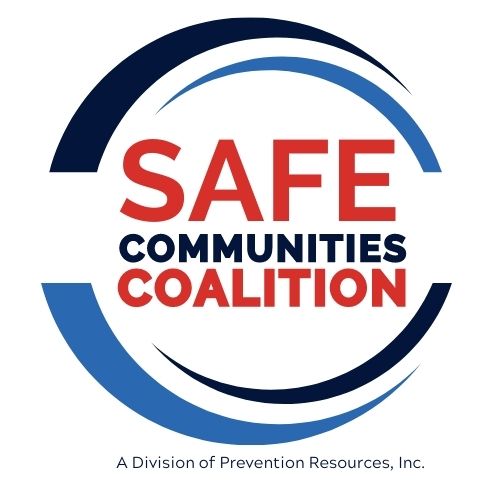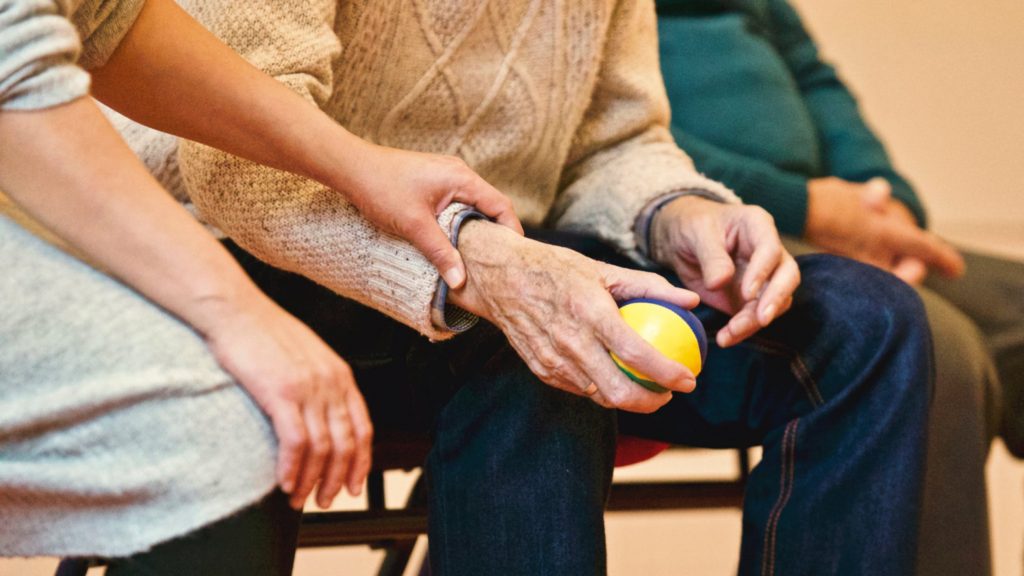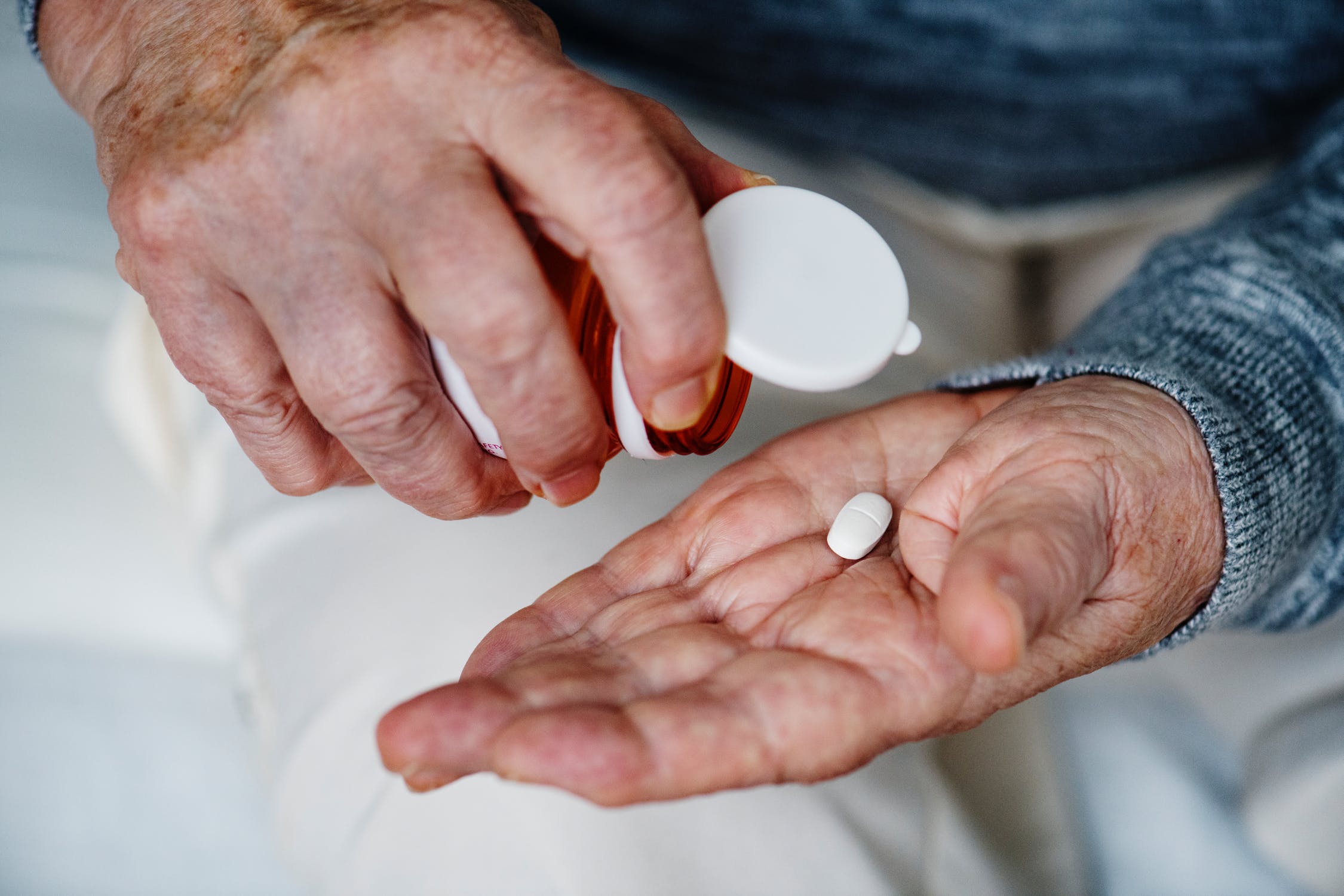Overdoses of powerful painkillers called opioids kill more than 115 people per day in the United States. More than 42,000 people died from opioids in 2016, five times more than in 1999. The reason? Since several of these powerful painkillers became available in pill form several decades ago, doctors have been prescribing more than patients need. “It is estimated that a large part of leftover opioids are diverted to the street, either deliberately or through theft,” says Dr. Edgar Ross, senior clinician at the Pain Management Center at Harvard-affiliated Brigham and Women’s Hospital.
The misuse of opioids is a risk many states are no longer willing to take. Florida, Michigan, and Tennessee are the latest states (among more than two dozen now) to enact tough new laws on prescriptions for opioids. The rules limit the amounts that medical professionals can prescribe for temporary (acute) pain from surgery, injury, or illness.
About opioids
Doctors often use opioids to treat severe pain after surgery or sudden injuries (like broken bones). Opioids also are used to treat chronic pain, such as in people with terminal illness (like cancer) or nonterminal pain conditions (like certain long-term back problems). There are legal prescription opioids, such as oxycodone (Oxycontin), hydrocodone (Vicodin), and fentanyl. There also are illegal opioids, including heroin and illegally manufactured fentanyl. Both legal and illegal opioids are contributing to the epidemic of opioid deaths.
The drugs block messages of pain to the brain and decrease the body’s perception of discomfort. They may also create a feeling of euphoria. Common side effects include nausea, itching, drowsiness, or constipation. Long-term use comes with the risk of dependence, addiction, overdose, and death.
The new laws
While opioid laws vary by state, most exempt the use of opioids for chronic pain (for instance, in cases of long-term illnesses and in palliative or hospice care).
For acute pain, the laws typically limit the length of an initial opioid prescription to seven days, although it’s only three days in some states (Florida, Kentucky, Minnesota) unless the doctor can document the need for a seven-day supply. Is that enough? “For almost all acute pain problems, including after surgery, a week is usually sufficient,” says Dr. Ross.
In addition, some states now require doctors to do more legwork in order to prescribe opioids. In Florida, for example, physicians and pharmacists have to take courses on opioid prescription, and they must consult a drug database before they can prescribe medication, to make sure an individual hasn’t already received a prescription.
There’s a similar law in Massachusetts. But it’s not so simple. “We have the ability to check the registry to see who else has prescribed it, but it’s not integrated with electronic records. If you have someone who needs opioids over the weekend, you can imagine the logistics of that,” explains Dr. Dennis Orgill, a surgeon at Harvard-affiliated Brigham and Women’s Hospital.
What this means for you
Some of the new opioid laws – in Ohio, for example – give doctors the ability to override and refill a prescription for acute pain, but only after you’ve used up the first prescription. Often, you’ll have to go back to the doctor’s office to pick up the new prescription. Even if you can get a refill over the phone, you’ll wind up going to the drugstore more often and making more copays.
Doctors can be sanctioned if they don’t follow the new laws. That’s one reason some people who need opioids – even for chronic pain – aren’t getting them.
“Many doctors now refuse to prescribe any opioids because of the fear of sanctions. I have had several cancer patients whose pain was not well managed because of incorrect perceptions,” Dr. Ross says.
Will the laws reduce overdoses?
We don’t have enough evidence yet, but some numbers are encouraging. “Massachusetts’ opioid legislation was signed into law in March of 2016. The overdose death rate then decreased by 8.3% in 2017, the first decrease since the beginning of the opioid epidemic. While it’s impossible to say the law caused the decrease, it’s certainly a welcome association,” says Dr. Karsten Kueppenbender, an addiction psychiatrist at Harvard-affiliated Massachusetts General Hospital.
What you should do
If you’re having surgery, find out in advance what kind of painkiller your doctor will prescribe, how long the prescription will last, and what your options will be if your pain continues.
For chronic pain, seek the help of a pain management specialist, who can advise you about opioid and non-opioid options, which range from over-the-counter painkillers and physical therapy to acupuncture and cold laser therapy.
https://www.health.harvard.edu/pain/what-new-opioid-laws-mean-for-pain-relief




